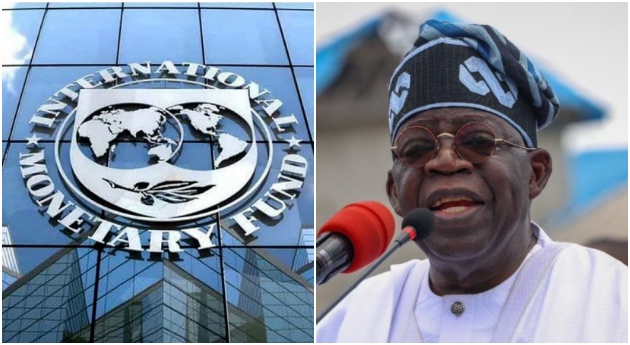
The International Monetary Fund (IMF) has recommended that Nigeria implement regulatory measures requiring global cryptocurrency trading platforms to register or obtain licenses to operate within the country.
This advice was part of the IMF’s latest staff report, which was released on Thursday following the conclusion of its 2024 Article IV consultation with Nigeria.
The report stresses the importance of establishing a robust regulatory framework to oversee the burgeoning cryptocurrency market in Nigeria, aiming to ensure financial stability and protect investors.
According to the IMF, “Global crypto trading platforms should be registered or licensed in Nigeria and subject to the same regulatory requirements applicable to financial intermediaries following the principle of the same activity, same risk, and same regulation.”
This recommendation comes amid increasing global efforts to standardize cryptocurrency regulations and curb illicit activities associated with the digital currency market.
The move is seen as crucial for aligning Nigeria with international best practices in financial regulation and preventing risks that could undermine the country’s economic stability.
In recent months, cryptocurrency trading platforms have attracted scrutiny from Nigerian regulators, who suspect that these platforms may be influencing the local currency’s value in the foreign exchange market.
On Monday, Emomotimi Agama, the Director General of the Securities and Exchange Commission, highlighted the need for stringent measures, including the delisting of the naira from peer-to-peer (P2P) platforms to prevent market manipulation.
The Central Bank of Nigeria has also taken a firm stance by directing fintech companies to block accounts involved in cryptocurrency transactions and report such activities to law enforcement agencies.
The IMF expressed concerns over the rapid growth of foreign exchange trading platforms, which pose new challenges to Nigeria’s financial stability.






